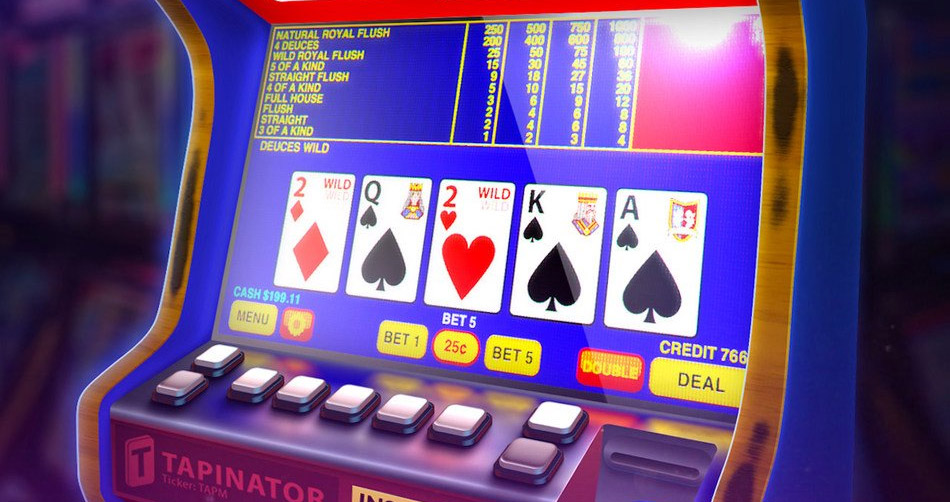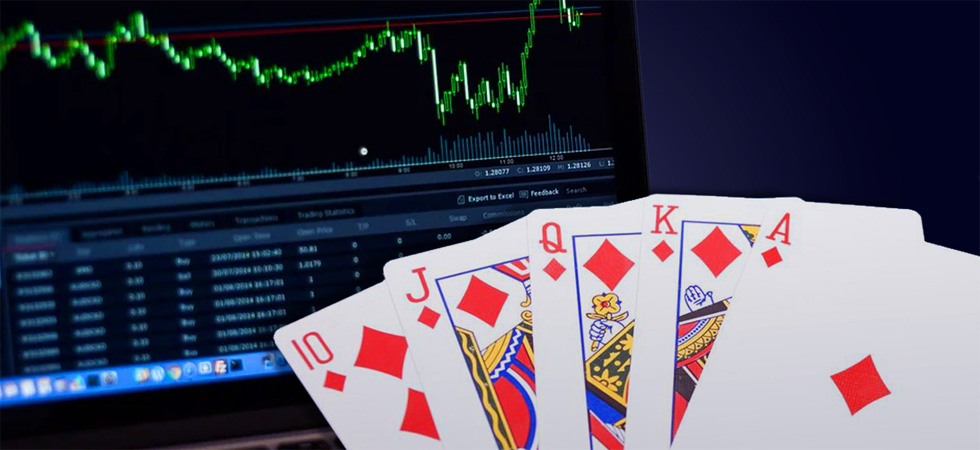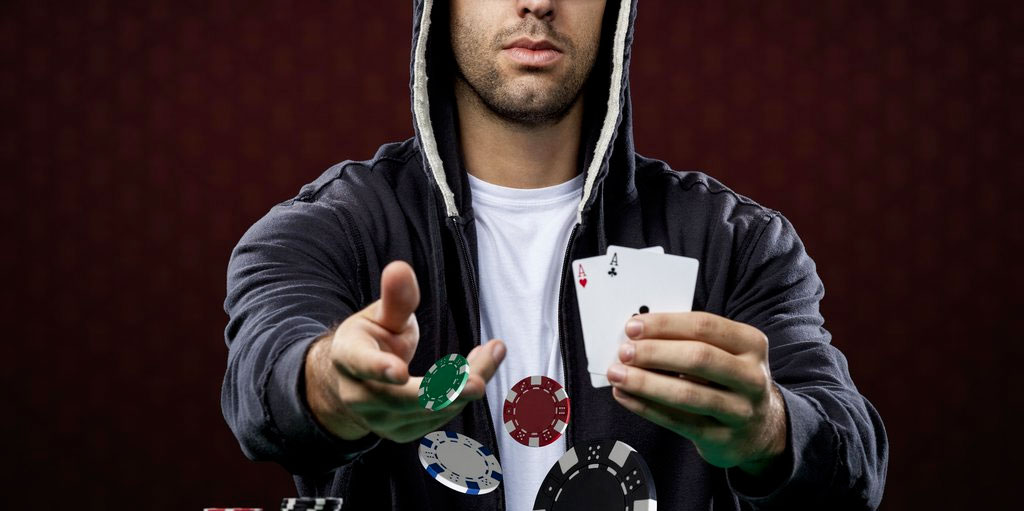
Poker is an activity with several enduring qualities that have assisted it in maintaining its current status. One of its main ones is its ability to incorporate psychology in multiple ways.
As you know, poker is a game of incomplete information, an ambiguity-based landscape that forces our brains to look for patterns. In poker, you make choices using limited information, relying on probability and intuition. Like in any form of gambling, we experience dopamine-driven highs and heart-sinking lows here, which are evoked by in-game happenings that tap into our instincts for survival.
In the subheadings below, we explore the chief psychological appeals of the world’s most popular card game, where luck plays a factor in results, but complex reasoning, having psychological insight into the human psyche, and showing emotional discipline have an even bigger role in success in this rollercoaster of trying to outmaneuver others.
The Ambivalence of Poker
As noted above, in this gambling game, players must make decisions with only partial information about the current state of affairs at their table. Per Luke Clark, a famed neuroscientist and researcher at the University of British Columbia, who is the director of this institution’s UBC Center of Gambling Research, all gambling is a pervasive instance of risky decision-making. Gambling provides a fascinating insight into human decision-making behaviour and how uncertainty triggers our brain’s reward system. Of course, it does this by releasing dopamine in anticipation of potential wins.
As humans, we have minds that, over the years of evolution, have become hard-wired to seek order in chaos. That is why poker is so seductive, as it reactivates our survival mechanism, which lies dormant for much of our modern society living. The game builds up an environment that replicates real-life decision-making, where nothing is guaranteed, but strategic choices go a long way in shaping outcomes we desire.
According to Clark, gambling behaviour is guided by interactions between our brains’ circuits and cognitive biases. That quest for dopamine fixes via winning hands creates a feedback loop that keeps us engaged, especially due to the ability to up stakes in upcoming one, where each presents an opportunity to outsmart the others at a table, whether physical or digital. Poker online real money games require the same level of skill, and due to the accessibility/convenience modern apps offer, loaded with features, these deliver an even deeper psychological pull, primarily due to gamblers’ ability to utilize various software that helps lower the degree of session uncertainty.
Reading Opponents – Battling Wits
Being physically dominant over someone is one thing, but beating them psychologically is something entirely different. Winning a fistfight results from reliance on attributes like size and strength that can easily be calculated beforehand. Psychological dominance is more impactful because it requires a deeper grasp of human nature and tactical manipulation. A psychological win leaves a more profound mark because it targets confidence. It makes the loser reevaluate their approach, expertise, and self-image, which can be soul-crushing.
Unlike casino gaming, poker is a game of skill, one in which reading opponents is pivotal. That is why it is often described as a battle of wits. Deciphering cues in poker relies on one's emotional intelligence. Bluffing is at the center of its gameplay, where its psychological depth really shines.
Bluffing is essentially lying, a form of strategic deception. To be great at it, an individual must understand the mindset of those sitting across from him and predict their reactions while facing pressure himself. When one partakes in this behaviour, it engages the brain’s prefrontal cortex, the part that is responsible for planning and self-control.
Outwitting someone, for sure, is a sizeable boost to anyone’s ego, as it reaffirms a potential intellectual superiority, reinforces confidence, and increases social validation. It also touches on a lesser-known psychological phenomenon known as Schadenfreude. That is when people take joy in the downfall of others. So, for some, poker is not just a card game but more of a duel for status.
The Risk and Reward Balance
Of course, people gamble to win money. That goes without saying. But we humans are naturally drawn to risk, and poker rewards calculated risk-taking. It is a game where players balance probabilities with potential rewards. Neuroscientific research suggests that it activates the brain’s limbic system, giving us a rush akin to what one would experience while partaking in adrenaline sports. Moreover, the risk-reward structure present in poker also mirrors financial decision-making. Deciding to go all-in or fold demands a cost-benefit analysis in real time.
Without question, poker taps into many of the same neural pathways as stock trading. Both practices are decision-making ones where participants act without being privy to all variables, attempting to do their best by looking for patterns, and managing risk while maintaining emotional control. They also involve striking a balance between long-term goals and short-term temptations.
Having a long and prosperous card gambling career requires quality balancing of bold moves with being cautious. No doubt, the psychological tension of chasing rewards while mitigating risks creates a compelling scenario for those who love strategic thinking.
-
Best Poker-related Video GamesNext >




